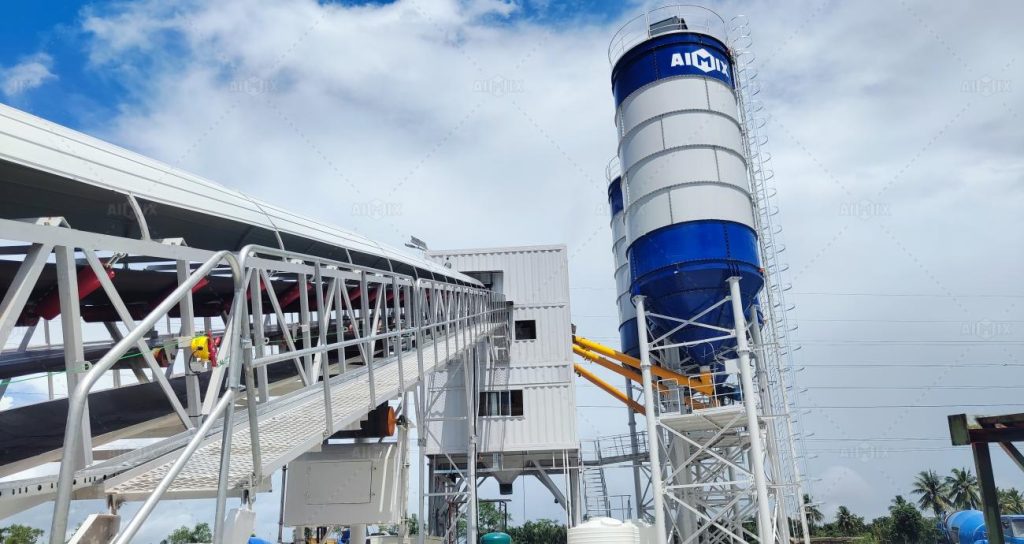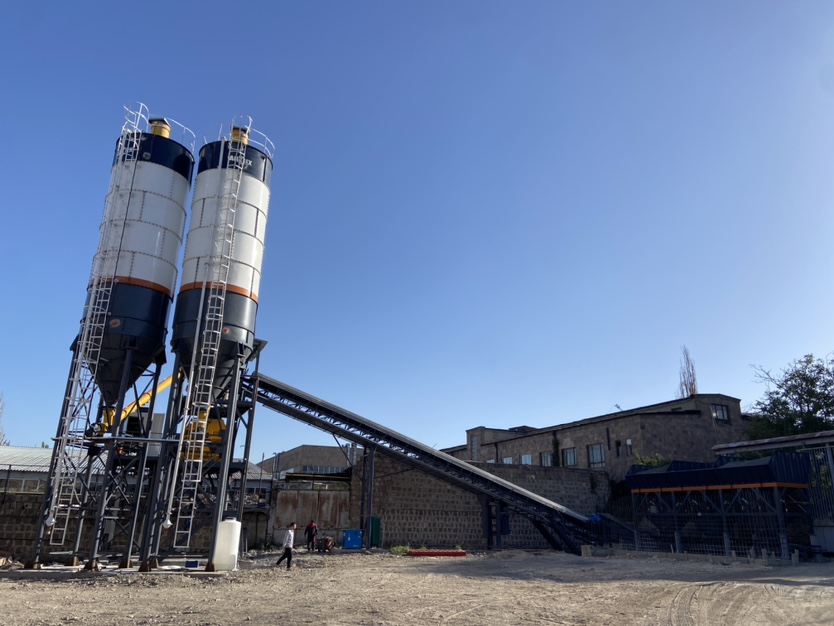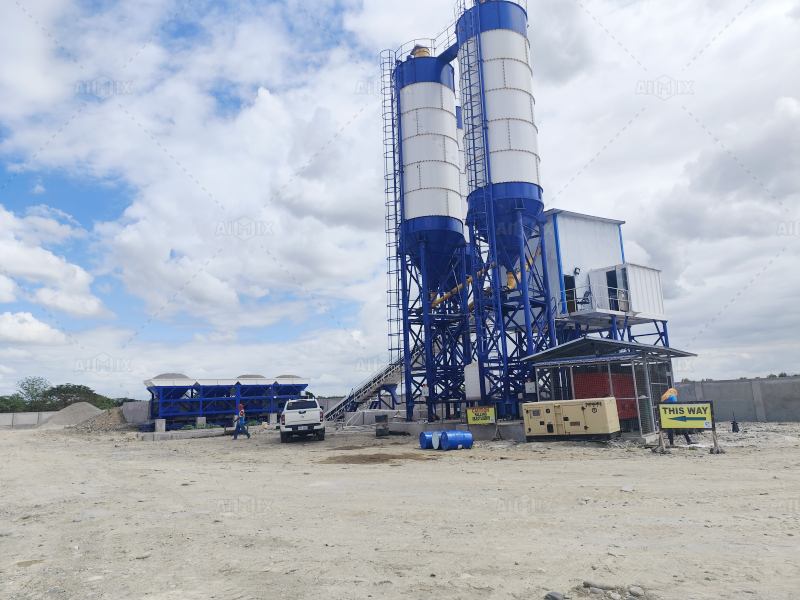Investing in a concrete batching plant is a critical decision for construction companies and entrepreneurs looking to supply high-quality concrete efficiently. Whether planning large-scale infrastructure projects or establishing a local ready-mix business, understanding how customization affects the concrete batching plant cost is essential. Customizing a plant allows companies to tailor capacity, technology, and features to project needs, but these modifications can significantly influence the investment required.

Why Customization Matters
Standard concrete batching plants are designed to meet general requirements, offering fixed capacity, basic control systems, and standard component configurations. However, every construction project is unique. By customizing a plant, operators can optimize performance, improve efficiency, and ensure the plant meets specific project or market requirements.
Customization can include adjustments in production capacity, mixer type, automation level, material storage, and environmental features. While these modifications enhance operational efficiency and output quality, they directly affect the concrete batching plant cost.
Key Areas of Customization
Production Capacity:
The most significant factor influencing concrete batching plant cost is production capacity. Plants can range from small units producing 25 cubic meters per hour to large-scale plants exceeding 180 cubic meters per hour. Increasing capacity requires larger mixers, more extensive storage bins, and stronger conveyors, which increases the initial investment but supports higher output and faster project completion.
Mixer Type:
Different projects may require specific mixer types, such as twin-shaft, planetary, or pan mixers. High-performance mixers provide better mixing quality, particularly for precast or high-strength concrete. Upgrading the mixer type improves concrete consistency but adds to the overall plant cost.
Automation and Control Systems:
Modern China concrete plants often offer automation options, including PLC-controlled batching, remote monitoring, and automated weighing systems. Advanced control systems reduce labor costs, improve accuracy, and minimize human error. However, integrating automation increases the upfront cost of the plant.
Material Storage and Handling:
Customization can include adding additional aggregate bins, cement silos, or water tanks. Plants designed for multiple material types, such as fly ash or slag, require special storage solutions. These modifications ensure production flexibility but also influence the concrete batching plant cost.
Environmental and Safety Features:
Environmental regulations and safety standards are becoming more stringent in many countries. Dust collectors, noise reduction systems, and wastewater recycling units can be incorporated during plant customization. These features reduce environmental impact and improve worker safety but increase investment costs.
Mobility and Layout:
Mobile concrete batching plants offer flexibility for multiple sites, while stationary plants are more cost-effective for long-term projects. Customizing a mobile concrete batch plant with additional features such as foldable conveyors or rapid assembly systems can increase cost but enhance versatility.

How Customization Impacts Cost
Customizing a plant allows companies to align capabilities with specific project requirements, but every modification contributes to the concrete batching plant cost. For example:
-
Increasing capacity requires larger equipment and more robust infrastructure.
-
Adding automation and remote monitoring features involves advanced electronics and software.
-
Incorporating environmental protection systems or special storage bins adds material and installation expenses.
-
Choosing premium mixers or wear-resistant materials for abrasive aggregates also raises costs.
While these modifications increase the upfront investment, they often result in long-term savings through reduced labor, higher efficiency, lower material waste, and better product quality.
China Concrete Plants: Cost-Effective Customization
Many companies source China concrete plants due to their cost-effectiveness, technological advancement, and wide range of models. Chinese manufacturers offer customizable plants with flexible capacity, mixer types, and automation levels at competitive prices. They provide options to tailor both stationary and mobile plants to specific market demands.
Purchasing from reputable China concrete plant suppliers ensures that customization is supported by high-quality materials, technical expertise, and after-sales service. Buyers can negotiate plant features to balance cost and operational benefits, making Chinese plants an attractive option for businesses looking to start a concrete production facility.

Starting a Concrete Plant
For entrepreneurs wondering how to start a concrete plant, understanding customization and cost factors is crucial. Steps include:
-
Conducting a feasibility study to determine production capacity and market demand.
-
Selecting a suitable plant type (stationary, mobile, or compact) based on project requirements.
-
Deciding on customization options such as mixers, automation, storage, and environmental features.
-
Comparing prices and quality among reliable manufacturers, including China concrete plant suppliers.
-
Planning installation, operator training, and maintenance to ensure smooth operations.
By carefully evaluating customization needs and costs, new plant owners can optimize performance and achieve faster returns on investment.
Conclusion
Customizing a concrete batching plant allows construction companies and new entrepreneurs to match plant capabilities with project requirements. While modifications such as increased capacity, advanced mixers, automation, and environmental systems add to the concrete batching plant cost, they also enhance efficiency, product quality, and long-term profitability.
Sourcing from trusted China concrete plant manufacturers offers cost-effective customization options, ensuring that both stationary and mobile plants meet specific operational needs. For those planning how to start a concrete plant, understanding customization impacts and balancing investment with long-term benefits is key to building a successful concrete production business.